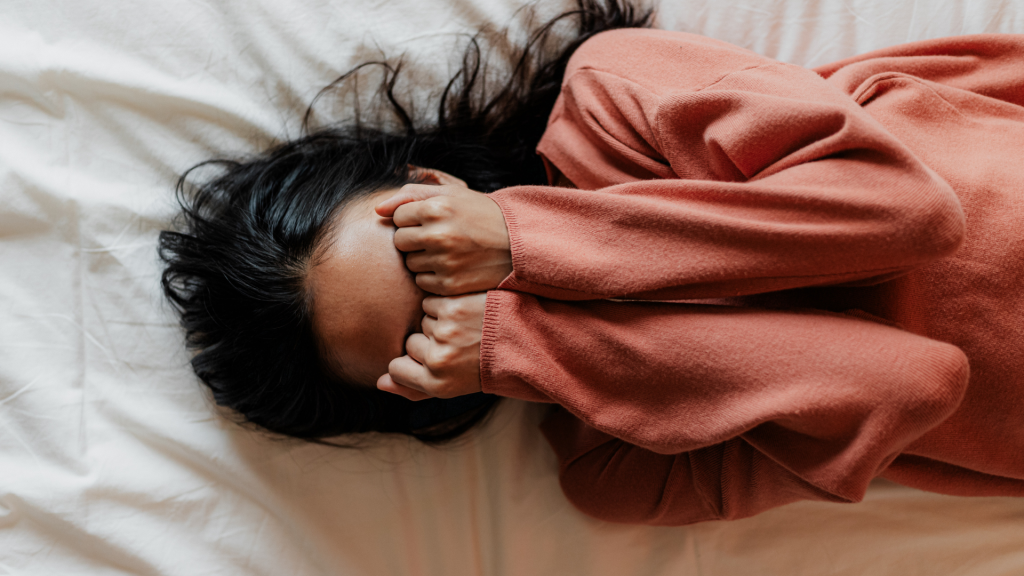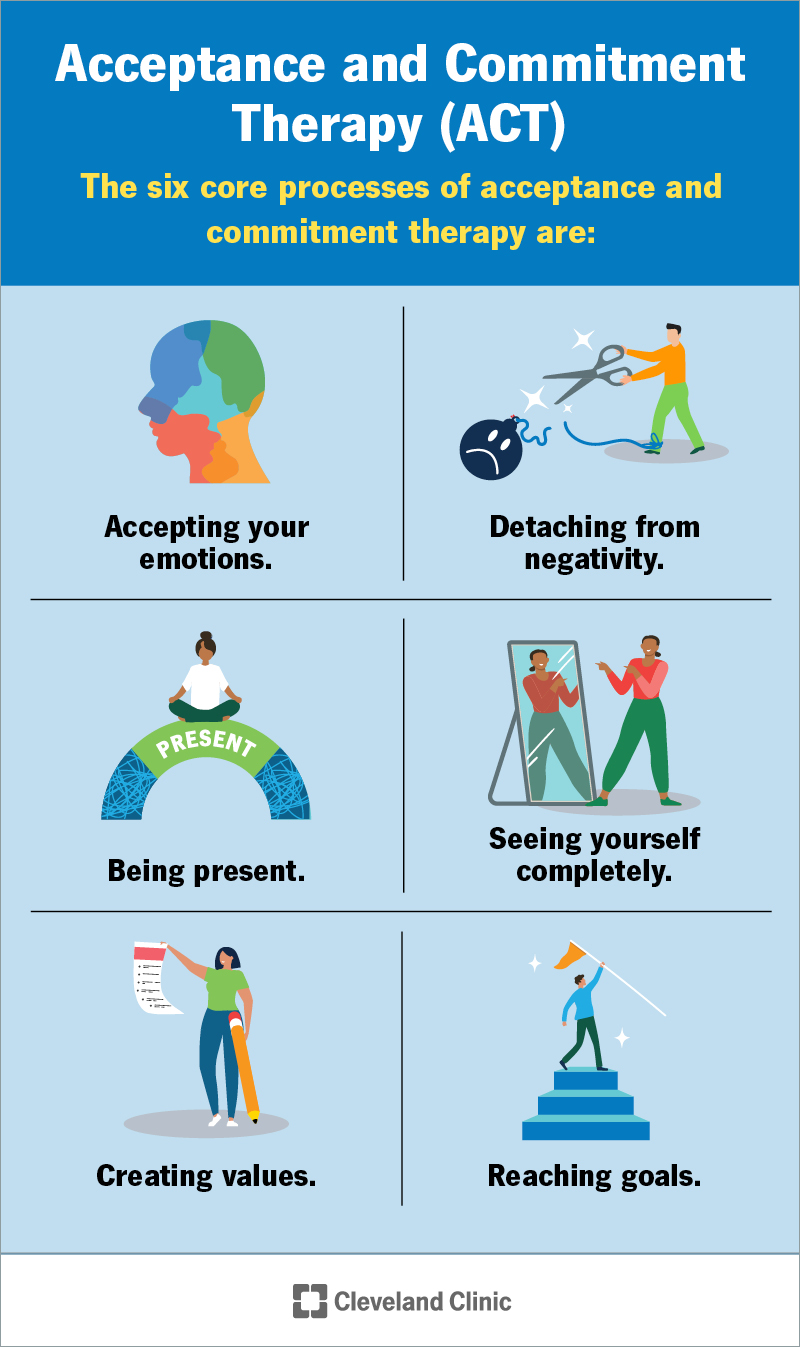Discovering Various Methods in Counselling for Anxiousness Condition for Lasting Modification
When dealing with anxiousness problems, it's important to explore a range of counseling approaches. Each method provides unique insights and devices to assist you handle your signs and symptoms effectively. You might find that integrating methods can yield the very best results. Comprehending the subtleties of these techniques is essential to fostering lasting adjustment. What happens if the best combination could launch a new level of psychological wellness for you?
Recognizing Stress And Anxiety Problems: A Short Overview
Stress and anxiety disorders, which affect countless people worldwide, can substantially affect life. You might experience overwhelming feelings of concern or worry that appear unmanageable. These sensations can result in physical signs and symptoms like an auto racing heart, sweating, or perhaps lightheadedness. Typical sorts of anxiousness disorders consist of generalised anxiety condition, panic attack, and social anxiety condition. Each has one-of-a-kind indications, however they all share a tendency to interrupt your routine and relationships.Understanding the source of your stress and anxiety is essential. It may stem from genes, brain chemistry, or life experiences. Acknowledging your triggers can assist you handle your feedbacks much better. It is essential to bear in mind that you're not alone in this battle. Several people face similar challenges, and looking for help is a solid action toward feeling better. By finding out about stress and anxiety conditions, you're currently on the path to understanding and handling your condition much more effectively.
Cognitive-Behavioral Treatment: Testing Unfavorable Idea Patterns

Identifying Adverse Thought Triggers
When you run into minutes of distress, recognizing the particular triggers behind your unfavorable ideas can be essential in taking care of stress and anxiety. Begin by paying focus to circumstances that prompt feelings of worry or anxiety. Is it a congested space, a forthcoming target date, or a conversation with particular individuals? Write these circumstances in a journal. This will assist you identify patterns in your thinking. Additionally, notice physical feelings that accompany your unfavorable thoughts, like an auto racing heart or tightness in your breast. By pinpointing these triggers, you gain insight into what's sustaining your anxiousness. Recognizing these connections is the first action in challenging those ideas and eventually restoring control over your psychological actions.

Changing Ideas With Positives
Challenging adverse idea patterns is a necessary step in transforming your attitude and reducing stress and anxiety. You may frequently find on your own caught in cycles of insecurity or devastating thinking. Rather than letting these ideas determine your feelings, technique changing them with positive affirmations or practical alternatives. When you believe, "I can't handle this," shift it to, "I can handle challenges one action at a time." This simple change can substantially impact your emotion. Regularly recognizing and responding to these negative thoughts aids produce a much healthier internal dialogue. Keep in mind, it takes some time and initiative, however constantly practicing this technique can cause lasting modification, encouraging you to deal with stress and anxiety with restored self-confidence and strength
Building Coping Techniques With Each Other
Replacing negative ideas is just the start of handling anxiety effectively. To create long-term adjustment, you need to develop coping approaches that encourage you. Cognitive-Behavioral Therapy (CBT) aids you identify and challenge those unhelpful idea patterns. Together, you and your counselor can check out just how these ideas influence your feelings and behaviors.Start by developing practical techniques, like journaling or mindfulness exercises, that allow you to confront stress and anxiety head-on. When you encounter your concerns gradually, you'll learn to react in different ways.

Mindfulness and Acceptance-Based Approaches: Growing Present-Moment Awareness
As you browse the intricacies of anxiousness, integrating mindfulness and acceptance-based techniques can considerably improve your capacity to cultivate present-moment understanding. By concentrating on the present moment, you'll discover that you can observe your ideas and feelings without judgment. This method assists you recognize your anxiety without feeling overwhelmed by it.Engaging in mindfulness workouts, such as deep breathing, body scans, or directed meditations, permits you to ground yourself in your present experience. Acceptance-based methods urge you to welcome your emotions rather than battle versus them. They shed their power over you.Incorporating these methods right into your everyday routine can change just how you react to anxiousness when you accept your sensations. You'll create resilience and learn to navigate stressful situations with better convenience. Inevitably, growing present-moment recognition lays the structure for lasting modification, equipping you to lead a much more satisfying life.
Exposure Therapy: Confronting Concerns Slowly
Exposure therapy helps you confront your worries in a steady way, making it much less frustrating. You'll discover techniques to deal with anxiety-provoking scenarios step by step, while also building coping strategies to handle your responses. This approach encourages you to take control and minimize anxiousness in time.
Steady Direct Exposure Methods
When encountering anxiousness, gradually facing your concerns can be an effective means to restore control. This method, referred to as progressive direct exposure, entails gradually subjecting yourself to the scenarios or things that cause your anxiety. Beginning with less challenging circumstances and slowly work your means approximately even more challenging ones. For circumstances, if you're terrified of public speaking, you may start by talking in front of a mirror, after that progress to sharing ideas with a buddy, and eventually address a little group. Each action aids desensitize you to the worry, building your confidence gradually. Bear in mind, it's necessary to pace on your own and celebrate tiny triumphes as you relocate via this process, enhancing your ability to take care of stress and anxiety properly.
Building Coping Methods
Structure effective coping methods is vital for taking care of anxiety, particularly as you face your anxieties progressively. One powerful technique is direct exposure therapy, where you start by facing your worries in a regulated way. Start with much less frightening circumstances and gradually function your way as much as even more tough circumstances. This gradual exposure aids desensitize you to anxiety activates, making them much less overwhelming.Incorporate leisure strategies, such as deep breathing or mindfulness, to relax your mind during direct exposure. Track your progression, celebrating small victories along the way to improve your self-confidence. Remember, it's okay to take your time; the goal isn't perfection but steady enhancement. By developing these techniques, you'll equip yourself to navigate anxiety and embrace life a lot more totally.
Psychodynamic Treatment: Revealing Origin of Anxiety
Psychodynamic treatment explores the subconscious mind, disclosing the source of your anxiety - Counseling services for anxiety. By analyzing your ideas, feelings, and previous experiences, this approach assists you uncover underlying conflicts and unsolved problems that might add to your present stress and anxiety. You'll deal with a specialist to explore childhood years experiences, partnerships, and emotional patterns that shape your reactions today.As you get understanding into these much deeper layers of your mind, you'll start to identify exactly how past occasions influence your present behavior. This understanding can bring about catharsis, permitting you to process feelings you might have suppressed.Through the therapeutic connection, you can also recognize protection mechanisms that might have developed with time, using a clearer view course to transform. Ultimately, psychodynamic therapy furnishes you with the devices to resolve your anxiousness at its core, advertising long-term transformation in your emotional wellness
Integrative and Holistic Techniques: Combining Techniques for Greater Efficacy
Integrating various healing strategies can boost your trip towards handling anxiousness more effectively. read this By combining components from cognitive-behavioral therapy, mindfulness methods, and holistic techniques, you can develop an individualized strategy that addresses your one-of-a-kind needs. For circumstances, you might make use of cognitive-behavioral techniques to challenge adverse thought patterns while integrating mindfulness workouts to ground yourself in the present moment.Additionally, discovering holistic methods such as yoga exercise or meditation can advertise relaxation and reduce stress and anxiety signs and symptoms. This blend enables you to develop better self-awareness and resilience.Experimenting with these diverse approaches can help you uncover what resonates most with you. Bear in mind, it has to do with locating a synergy that functions, rather than adhering to a single technique. This integrative strategy not only supplies immediate alleviation but likewise cultivates long-lasting abilities for managing stress and anxiety, empowering you to recover control over your life.
The Function of Assistance Systems: Structure Resilience With Link
While it could seem that handling anxiousness is a solitary journey, having a strong assistance system can play a crucial function in your strength. Surrounding on your own with empathetic friends, family members, or support system produces a secure space where you can freely share your experiences and sensations. You remind yourself that you're not alone in this struggle.These relationships supply support and can give practical coping methods that have functioned for others when you attach with others. It's likewise a chance to obtain point of view; friends can assist you see circumstances in different ways, decreasing sensations of isolation.Moreover, psychological assistance promotes a sense of belonging, which can greatly ease anxiety signs and symptoms. By leaning on your support group, you can construct strength and take on obstacles better. Keep in mind, reaching out for help suggests toughness, and it can make all the distinction in your trip toward taking care of anxiety.
Often Asked Concerns
What Are the Usual Symptoms of Stress And Anxiety Problems?
You may experience restlessness, fatigue, trouble concentrating, irritability, muscle stress, and rest disturbances. Physical signs and symptoms can consist of quick heartbeat, sweating, and trembling. Acknowledging these indicators early can help you look for suitable support and therapy.

How Much Time Does Therapy Typically Last for Stress And Anxiety Disorders?
Treatment for anxiety problems usually lasts anywhere from a couple of weeks to a number of months. It truly relies on your private needs, progression, and the techniques your therapist utilizes to help you handle your anxiousness properly.
Can Medication Be Used Along With Therapy for Stress and anxiety?
Yes, medicine can most definitely be utilized view along with therapy for anxiety. Integrating both methods typically enhances treatment performance, helping you handle signs and symptoms while checking out underlying problems through therapy. Constantly consult your medical care provider for tailored guidance.
Are There Self-Help Methods for Handling Stress And Anxiety?
Yes, there are several self-help techniques for managing anxiety. You can exercise mindfulness, take part in routine workout, preserve a balanced diet regimen, develop a routine, and utilize deep breathing strategies to help in reducing anxiousness signs and symptoms effectively.
Just how Do I Know if I Required Expert Assistance for Anxiousness?
You need to consider looking for specialist aid for anxiousness if it interferes with life, causes significant distress, or if self-help strategies aren't working. Depend on your impulses; reaching out can result in better coping skills and support. Common types of anxiousness conditions consist of generalized stress and anxiety disorder, panic disorder, and social anxiousness problem. When you encounter minutes of distress, recognizing the details triggers behind your negative ideas can be essential in handling anxiety. Replacing adverse thoughts is just the beginning of taking care of anxiety successfully. By analyzing your thoughts, sensations, and past experiences, this approach helps you discover underlying problems and unresolved problems that may add to your present anxiety. It's additionally a possibility to gain point of view; friends can aid you see scenarios differently, minimizing sensations of isolation (Counseling services for anxiety).Moreover, psychological support fosters a feeling of belonging, which can significantly ease anxiousness symptoms
 Amanda Bynes Then & Now!
Amanda Bynes Then & Now! Marla Sokoloff Then & Now!
Marla Sokoloff Then & Now! Nancy Kerrigan Then & Now!
Nancy Kerrigan Then & Now! Raquel Welch Then & Now!
Raquel Welch Then & Now! Ricky Schroder Then & Now!
Ricky Schroder Then & Now!